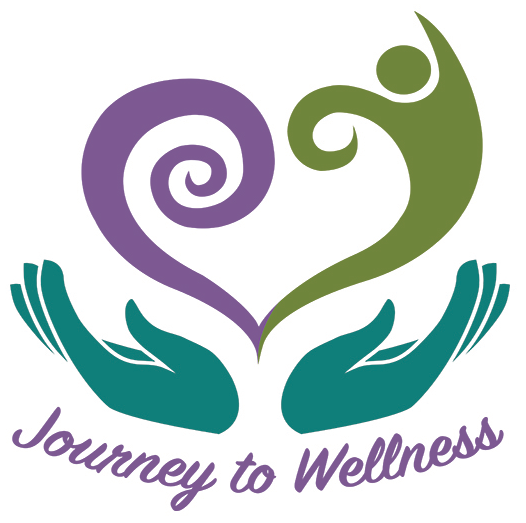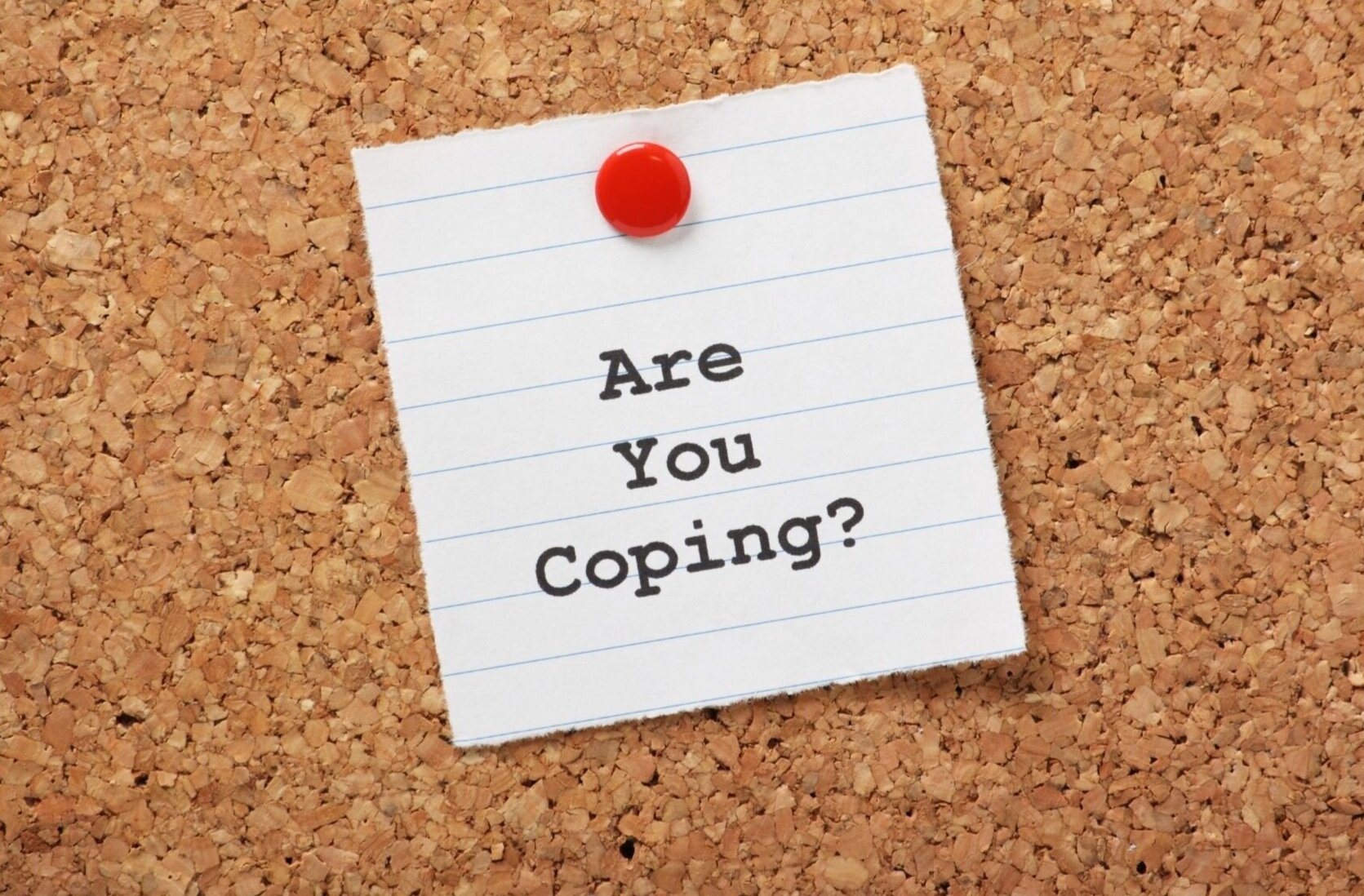From Everyday Stressors to COVID Stressors: Why We Need to Cope With and How to Manage the Physical Effects of Stress on Our Bodies
WHAT IS STRESS?
Stress is a natural response or defense mechanism of the body that everyone experiences at one point or another. Enjoyed a thrill ride on a roller coaster or downhill ski slope? Been in an argument or disagreement with someone? Faced a deadline for work or school? Faced challenges with childcare? These are all examples of routine life stressors.
EVERYDAY STRESSORS
The stress response from everyday stressors such as these is not always a bad thing though. Release of stress hormones, adrenaline and cortisol, is the body’s way of managing or preparing the body to “fight or flight”. This response can cause an increased pulse, increased respiration, a tightening of muscle tissue; as well as result in slowing less crucial body systems to the stress response such as the gastrointestinal and immune systems (1). When functioning optimally, the stress response can help motivate during an interview or test situation and/or prepare your body for more seriously stressful situations in the future like a job loss, accident, illness or death of a loved one, or potentially even navigating through a pandemic.
CORONAVIRUS STRESS
Park et. al., researchers at the University of Connecticut, conducted a survey earlier this year in which respondents categorized the coronavirus pandemic stressors as 1) stress related to the virus, 2) stress related to changes in daily routine, and 3) financial stress (2). Respondents rated loss of job or income as the most stressful followed by risk of a loved one’s illness (2). Ninety seven percent of respondents reported that reading or hearing about the severity and contagiousness of coronavirus was the most common stressor (2).
CHRONIC STRESS
Ideally, these situations of life stress whether routine, sudden, or traumatic will eventually lessen or come to a resolution of some kind. However, continual instances of acute stress and long-term, chronic stress are not good and can have a multitude of negative effects on the body by causing or worsening present health conditions and eventually resulting in very serious health risks and disease.
COPING DURING A PANDEMIC
It is impossible to get rid of all stressors nor would we want to do so, rather finding a way to manage stress with healthy coping mechanisms is optimal. Researchers at the University of Michigan, conducted a 2-week survey in March that investigated mental health and wellbeing during the pandemic. Participants described their emotional state as "anxious, nervous, stressed, scared, and uncertain" (3). Twenty-eight percent of all respondents said they have used alcohol or other drugs to make themselves feel better, 22% said they were using alcohol more, and 14% said they were using marijuana more (3). These findings mirror what the researchers in the Connecticut study found, wherein younger respondents, minorities, and those with greater financial instability reported coping with the current situation through substance use, disengagement, and humor (2). Much like overuse of opioids or other drugs to manage pain, these are not healthy ways in which we should cope with stress.
SYMPTOMS OF STRESS
Everyone handles stressors differently and they may impact varying aspects of our lives; therefore, individual symptoms experienced cmay present as a multitude of mental, emotional, behavioral, and/ or physical symptoms. Physical manifestations of stress could result in changes in the body that impact the gastrointestinal, nervous, respiratory, cardiac, endocrine, reproductive, and/or musculoskeletal systems (1). Specific symptoms may include gastrointestinal disruptions, increased susceptibility to infections, shallow breathing, changes in blood pressure or blood sugar, decreased energy, insomnia, and low libido.
Musculoskeletal system changes specifically can include increased muscle tension or pain in the low back, shoulders, and neck, increased headache frequency or intensity, and increased jaw clenching or tooth grinding.
Much more serious conditions, potentially attributed to chronic stress left unchecked, could include diabetes, high blood pressure, and heart disease.
TENSION-PAIN-STRESS CONNECTION
In addition to muscle tension being a common physical stress response, the worsening of tension or addition of pain can contribute to an increase in stress and vice-versa. Researchers beleive that finding ways to better manage stress to minimize the cortisol levels in the body can have a direct impact on the management of chronic or recurent pain (4).
SELF-CARE AND MASSAGE
Self-care is the cornerstone of healthy stress management. The best methods for self-care include maintaining a healthy diet, getting enough sleep each night, getting regular exercise, decreasing caffeine and alcohol intake, seeking social support, managing priorities, allowing personal time, recognizing signs of stress, and adding or increasing the use of breathwork, meditation, and massage.
Massage has been well documented as a beneficial therapy for a many conditions, including low back pain, neck pain, and headaches (5). All of these conditions being commonly affected by the stress response. Massage has also been found to play a role in lessening stress (6) and anxiety (7) through decreasing the presence of the stress hormone cortisol and increasing the endorphins, seratonin and dopamine (8). Lessening tension, pain, and anxiety levels are all beneficial in the management of stress and an excellent first step in any selfcare routine. In today’s world when stressors have continually increased, over an extended period of time, we often disconnect as a coping mechanism and don’t even realize how much stress has actually impacted our bodies. Massage is one way in which we can become more connected to our bodies and aware of the physical impact of stress.
MOVING FORWARD
It is understandable for some, during these confusing times, that it may even be a stressor to seek treatment. After many months of minimal contact with people, how do we now allow even a health professional to spend such close contact time with us? Seeking care is important and if our own self-care methods are lacking, getting that help is crucial and a first step towards creating or improving your self-care routine. If you have concerns do not hesitate to ask questions of the provider. Naturally, the usual questions about which forms of therapy may be best for you are important. Additionally, do not be afraid to also inquire about the steps any office is doing to help minimize your risk of exposure during the pandemic such as guidelines followed, number of people allowed in the office, mask usage, cleaning protocols, etc.
If your stress becomes more impactful than you believe you can manage with self-care or other physical therapies, and is accompanied by uncontrollable anxiety or depression, seek help from your physician and or consult a mental health rofessional as soon as posssible.
SOURCES:
Stress effects on the body. American Psychological Association. https://www.apa.org/helpcenter/stress [Accessed 8/2020].
Crystal L. Park, Beth S. Russell, Michael Fendrich, Lucy inkelstein-Fox, Morica Hutchison, Jessica Becker. Americans’ COVID-19 Stress, Coping, and Adherence to CDC Guidelines. Journal of General Internal Medicine, 2020; DOI: 10.1007/s11606-020- 05898-9
Lee and Kaitlyn P Ward. Research brief: Mental health, relationships, and coping during the coronavirus pandemic. Parenting in Context Research Lab. University of Michigan, Ann Arbor.March 31, 2020. https://www.parentingincontext.org/uploads/8/ 1/3/1/81318622/research_brief_mental_health_ relationships_and_coping_during_the_coronavir us_pandemic_final.pdf [Accessed 8/2020]
Hannibal KE, Bishop MD. Chronic stress, cortisol dysfunction, and pain: a psychoneuroendocrine rationale for stress management in pain rehabilitation. Phys Ther. 2014; 94(12):1816-1825.
Crawford C, Boyd C, Paat CF, et al. The impact of massage therapy on funditon in pain populations-a systematic review and meta-analysis of randomized controlled trials: part I, Patients experiencing pain in the general population. Pain Med. 2016; 17(7):1353-1375.
Cady SH. & Jones GE. Massage therapy as a workplace intervention for reduction of stress. Perceptual & Motor Skills, 1997. 84, 157-158.
Billhut A, Maatta S. Light pressure massage for patients with severe anxiety. Complement Ther Clin Pract. 2008; 15(2):96-101.
Field T, Hernandex-Reif M, Diego M, Schanberg S, Kuhn C. Cortisol decreases and serotonin and dopamine increase following massage therapy. Int J Neurosci. 2005; 115 (10):1397-413.









